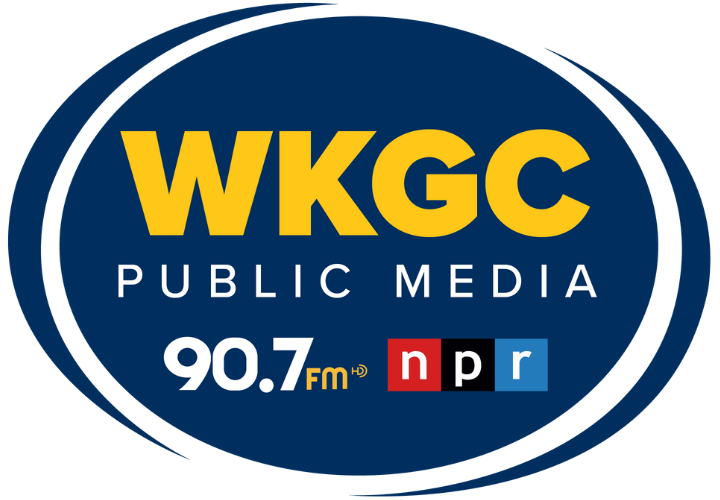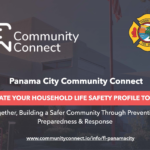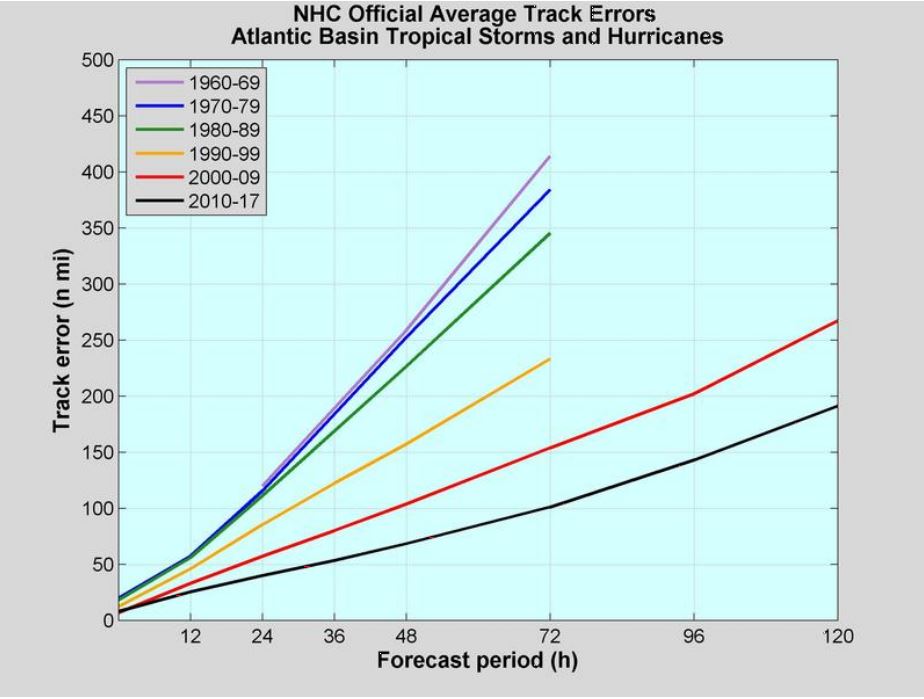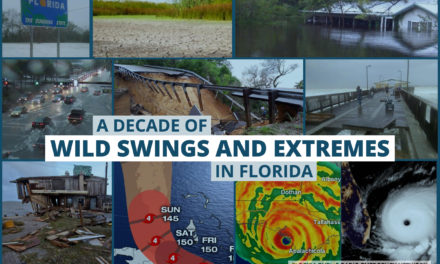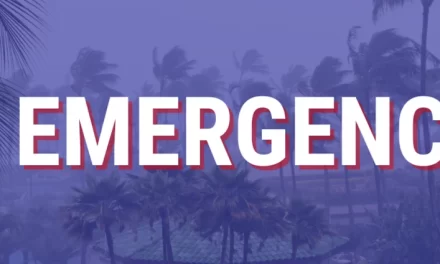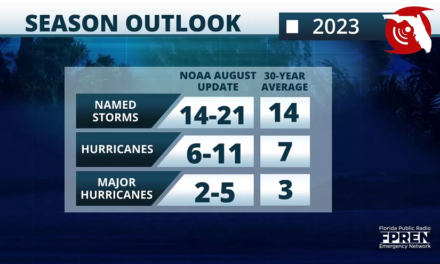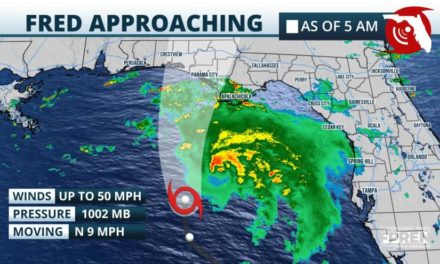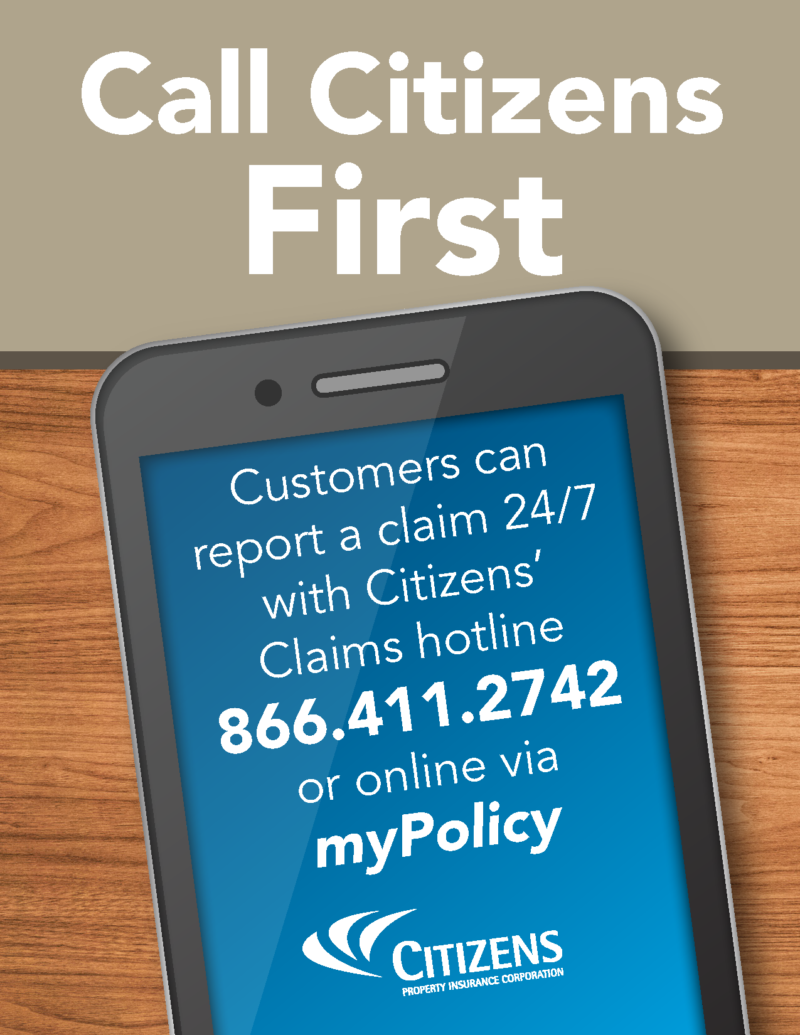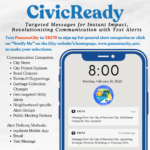
Have we reached the Limits of Predictability for Tropical Cyclone Track Forecasting?
Miami, Florida – An essay published by Chris Landsea and John Cangialosi at the National Hurricane Center in the Bulletin of the American Meteorological Society shows that with recent hurricane seasons in the Western Hemisphere, data suggest that improvements in track forecasting have slowed or perhaps even come to a halt.
Track forecasting improvements for tropical storms and hurricanes have been one of the most remarkable accomplishments in meteorology, with errors decreasing by about 75 percent in just a generation (see figure below)
Forecast errors by lead time (in hours) for tropical storms and hurricanes for the 1960s (purple), 1970s (blue), 1980s (green), 1990s (yellow), 2000s (red), and 2010s (black). (The 96 and 120 hour forecasts have only been issued since 2001.)
Despite these incredible improvements, it is well accepted that making perfect forecasts will never happen. The evidence is resented in a new essay (PDF version) by National Hurricane Center (NHC) meteorologists Chris Landsea and John Cangialosi, hinting that the approaching limit of predictability for tropical storm and hurricane track prediction is near or has already been reached.
If indeed track prediction will cease to improve, this conclusion is of critical importance for planning by all users of tropical storm and hurricane track forecast information, including the emergency management community/governments, the media, the private sector, and the general public. Given the lack of achieving perfection in track predictions (and other attributes of tropical storms and hurricanes), the emphasis should be changed to provide well-calibrated probabilistic forecasting information for tropical storm and hurricane impacts. One can use the spread in both the multi-model (deterministic) and single-model ensembles to provide an appropriate confidence in conjunction with an official track forecast to inform users about the uncertainty. This approach has been pursued at NHC for wind speed and storm surge probabilities and will continue to be refined for these and other tropical storms and hurricane impacts in the future.
To read the complete Essay in the Bulletin of the American Meteorological Society that was published online December 12th, 2018, visit HERE.
